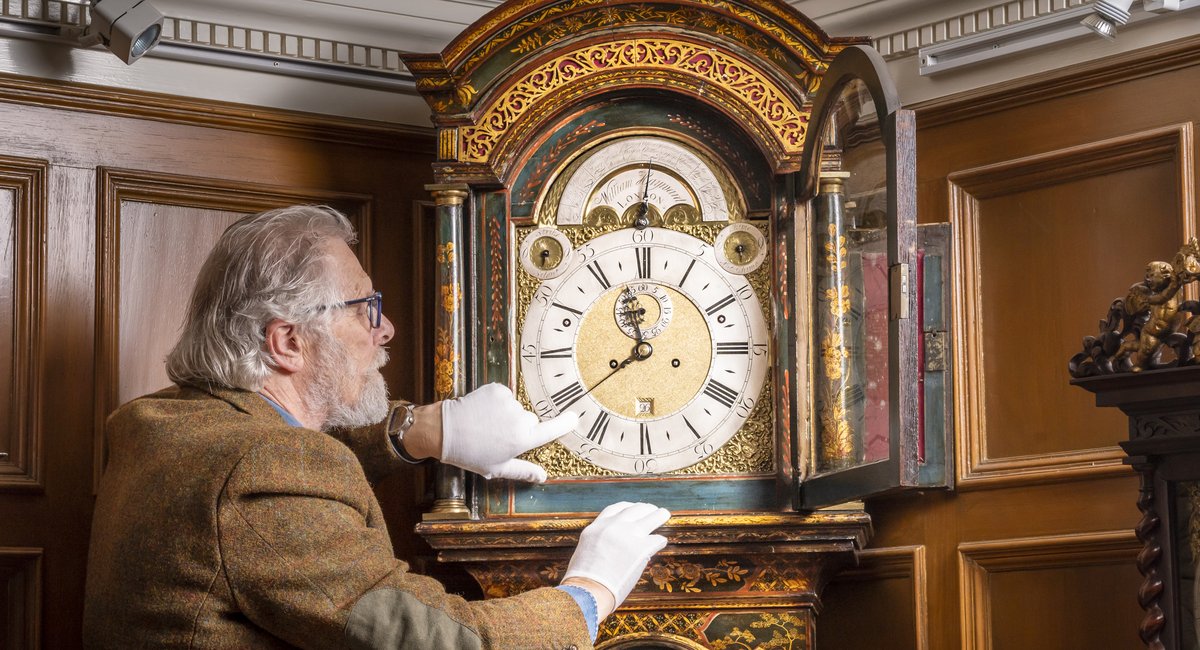Daylight Saving Time, a tradition that has earned a vocal and expanding set of detractors, will return overnight Sunday and force people in much of the Northern Hemisphere to set their clocks forward an hour.
The transition will take place at 2 a.m. on Sunday, likely resulting in sleep disruptions for much of the population in parts of the country that practice it. The change, which is not observed by states like Hawaii and Arizona, carries its own potential health risks, which sleep experts have attempted to draw attention to for years, in vain.
“If I was king, we would be on standard time everywhere,” said Dr. Adrian Pristas, a sleep specialist and corporate medical sleep director for Hackensack Meridian Health in New Jersey.
“A lot of us are fortunate in that we can be thrown off here and there and really not suffer many consequences, just get back on your schedule and that’s it,” he said, but added: “There are too many individuals that really suffer. One bad night’s sleep could really take them a long time to recover.”
Among the more serious consequences are hospital admissions for atrial fibrillation, Pristas said; an irregular, often rapid heartbeat that if left untreated opens up the risk for stroke.
Research including a 2020 study from Montefiore Medical Center in the Bronx has shown those admissions peak with the springtime clock change, though some studies, including one from the Mayo Clinic, have sought to downplay the transition’s effects on cardiovascular health.
Matthew Walker, PhD, the author of “Why We Sleep,” wrote that not only does the loss of an hour come with a “frightening spike in heart attacks” but in the fall, when we gain an hour of sleep, “rates of heart attacks plummet the day after.”
The time change, which is strongly opposed by the American Academy of Sleep Medicine, can also have notable effects on cognitive functioning.
“That can take a couple of days, or even a couple of weeks to straighten out after losing an hour of sleep because we’ve ‘sprung forward,” Pristas said.
Though the best way to prepare for the shift is by starting to adjust one’s bedtime incrementally a few days before, Pristas said trying to sleep earlier on Saturday night to lock in at least seven hours of sleep — before proceeding with a normal schedule on Sunday — would likely still pay off.
“We often pooh-pooh it,” Pristas said of adequate sleep. “I can’t tell you how many times I hear people say, ‘I can get away with six hours of sleep,’ and my response is, ‘You can’t. You think you can, but you can’t. You’re killing yourself, literally.’”

Leave a Reply